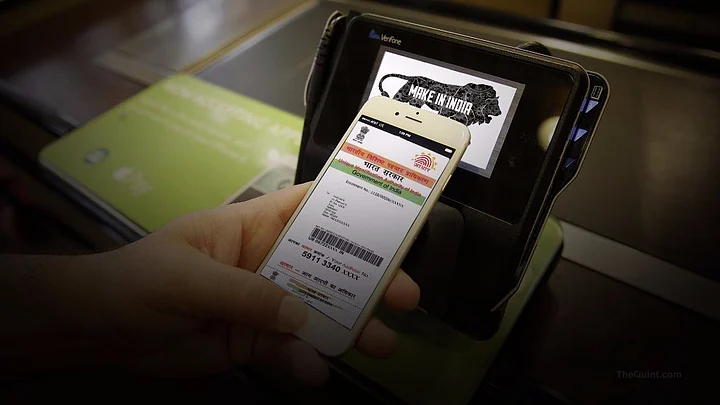The Supreme Court ruled on Friday that Aadhaar will not be mandatory to file income tax returns for those who do not possess an Aadhaar identification number currently. PAN card holders who already have Aadhaar will have to link the two, the apex court said.
The court did not strike down Section 139AA of the Income Tax Act, 1961 but said that as an interim measure Aadhaar will be not mandatory to file returns.
The partial stay on Aadhaar being mandatory for filing tax returns will remain in place until the issue of “right to privacy” is decided by a larger panel of judges, a 2-judge Supreme Court bench headed by AK Sikri said, adding that they hope the government will address security issues related to Aadhaar data.
The apex court’s verdict on Friday came on a batch of petitions challenging Section 139AA of the Income Tax Act, which was added through the Finance Act 2017 to make Aadhaar-PAN linkage mandatory for tax purposes.
The petitioners had objected to the provision, citing that Aadhaar, when it was introduced, was voluntary. They also emphasised citizens’ right to bodily integrity.
What The Petitioners Said
The petitioners, represented by Senior Advocates Shyam Divan and Arvind Datar, argued that Section 139AA was against the court order that had said Aadhaar is voluntary.
Divan said there is complete collision between the Aadhaar Act and Section 139AA of the Income Tax Act, 1961 inasmuch as it is a “colourable exercise of legislative power” which converts a right into a duty.
During the hearing, emphasising that the judgment will have far-reaching consequences, Datar had said if Section 139AA is upheld, what stops the government from making Aadhaar mandatory for the Goods and Services Tax (GST).
Now their purpose is to promote Aadhaar, so they say it will solve everything from black money to terror funding. They talk about economy of the country and also about international relations. Is this some kind of a herbal medicine?Arvind Datar, senior advocate
Divan had argued, “as far as my biometrics are concerned, the State cannot take it without consent, except for limited purposes. The object of the statute is discriminatory because it creates an artificial class of assessees who are otherwise willing to pay taxes but refused to give their biometrics as conscientious objectors.”
What The Government Said
Attorney General Mukul Rohatgi, representing the government, had called the arguments against Aadhaar “much ado about nothing”.
Collecting biometrics does not mean “Uncle Sam is snooping on you”, the Attorney General had said, arguing that bodily integrity is not an absolute right and can be curtailed by procedures laid down by the law.
(This article was originally published in BloombergQuint)
(At The Quint, we question everything. Play an active role in shaping our journalism by becoming a member today.)
